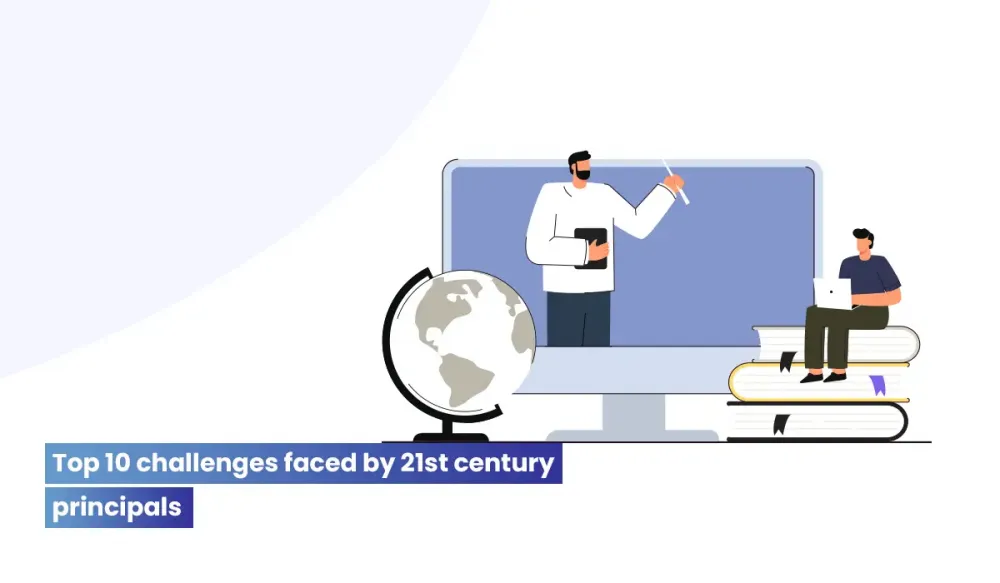
Top 10 Challenges Faced by 21st-Century Principals
Principals are facing challenges each day towards improving student achievement on the campus. Every principal face some of the biggest frustrations to control student behavior, recruiting teachers and staff, promote personalized learning, improve teaching effectiveness, student retention, parent support, and more.
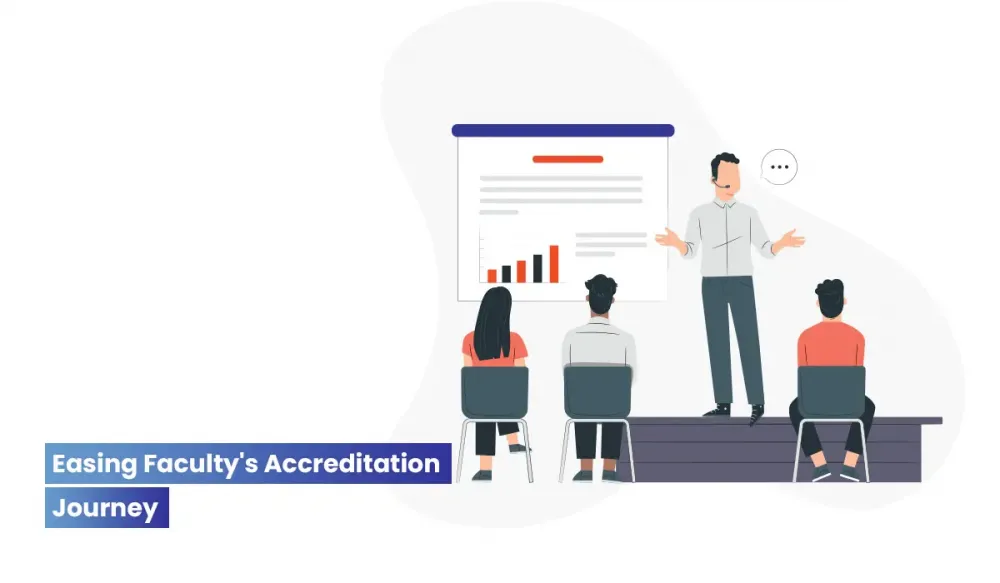
How faculty’s role can be made easier and smoother in accreditation preparation
Simplifying Faculty’s Role in Accreditation Preparation
Academic accreditation is a formal recognition of an educational program or Institution per the standards of quality set by the accreditation agency against well-defined criteria. Collegiate accreditation is granted to particular higher educational Institutions based on an impartial assessment of the attainment of specific requirements in terms of its performance, related to the academic processes and outcomes, covering the entire academics, administration, and services.
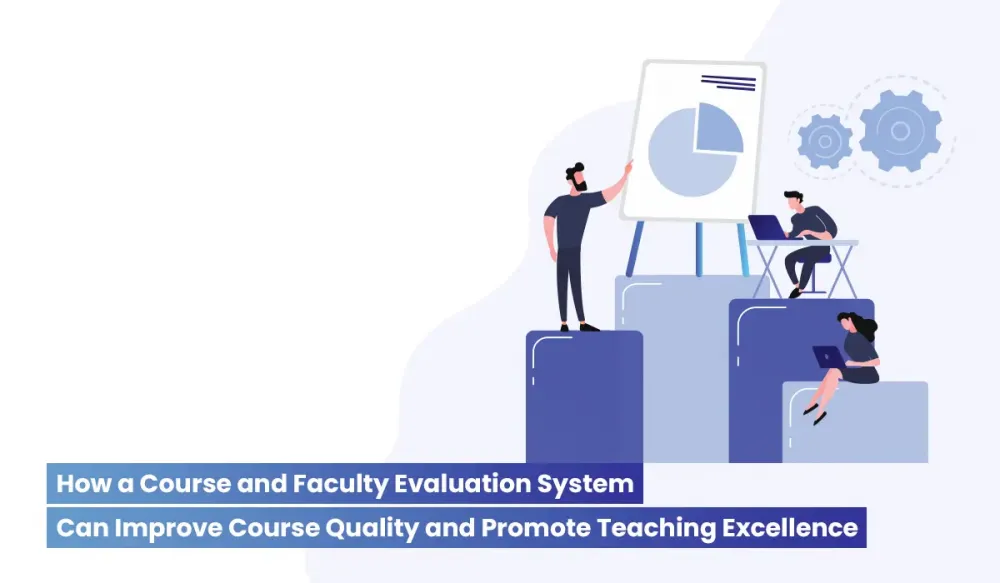
How a Course and Faculty Evaluation System Can Improve Course Quality and Promote Teaching Excellence
Educators are faced with numerous challenges in paper-based course evaluations including substantial investment of staff time and resources, huge paper costs, creating questions, administering course evaluations in the classroom for a large number of students, and lower response rate from students.
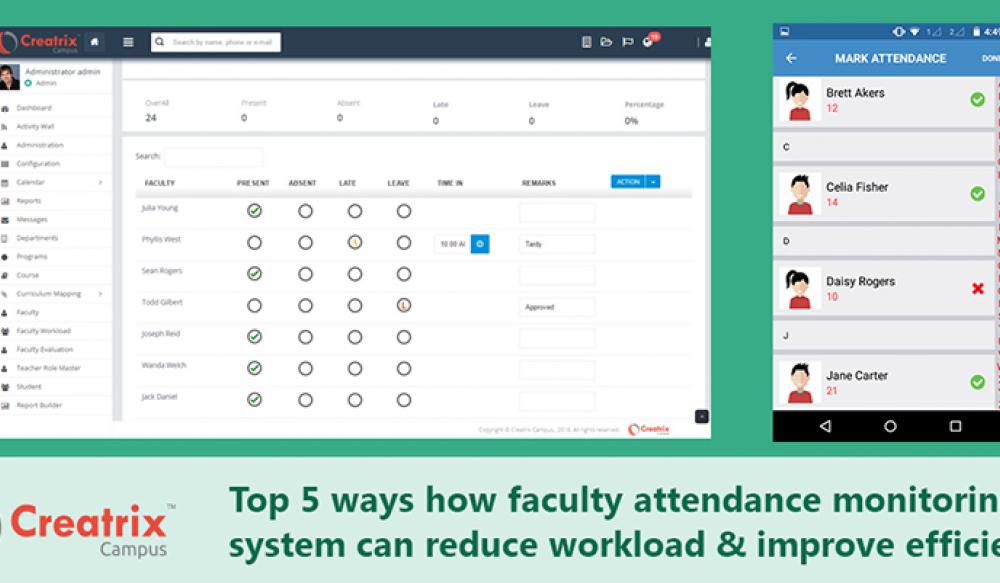
Top 5 ways how faculty attendance monitoring system can reduce workload & improve efficiency
The education world is getting better with advancements in digital technology and business intelligence, making life even better for faculties and students. Technology-enabled classroom education makes every task as easy as possible and everything seems to be automatic and effortless.

Why You Need to Automate Timetable Scheduling for Optimizing Teaching Loads
Educators know the effectiveness of scheduling and managing instructional time in higher education. Automated timetable scheduling solutions help educational institutions to efficiently manage the scheduling process across multiple courses, faculties, and rooms to save time and optimize staff workload. Here are the 10 things to look for in an automated timetable management system:

NAFSA 2016 helps international educators to get more out of global learning
The NAFSA 2016 Annual Conference & Expo was one of the largest global events held last week in Denver, Colorado. Nearly 9,000 international educators from 100+ countries attended the event. The annual NAFSA conference helped participants to develop meaningful partnerships and bolster global engagement among all institutions. NAFSA is leading the way by helping thousands of international education professionals to get going with global learning, and showing them how the global approach will help them improve learning outcomes and student success.

How Automated Gradebook System Tools Can Improve Faculty Performance
The latest technology tools simplifies, streamlines and makes grading easier for faculty and administrators, and communicating the information is less tedious and time-consuming. Automated gradebook not just evaluate assignments, tests and quizzes, but also manage data in one place. Gradebook management software enable faculty to capture and track the progress of students in their classes. Grades assigned for the student work can then be shared with parents across website and mobile devices.
How does automated gradebook work?

5 ways to help faculty effectively manage teaching loads & schedules
One of the greatest problems for faculty members is to avoid high-level stress, fatigue, and burnout due to excess teaching loads in colleges and universities. Often in times of increased pressure, instructors may be firefighting to manage class schedules and find time for research, mentoring and other teaching events.

How Faculty Can Use Course Management System for Teaching Excellence & Innovation
Course management system is increasingly adopted by faculty and staff in academic systems in higher education as technology trends are growing. Cloud, Analytics and Mobile are the emerging technologies that allows serendipitous learning opportunities for students, who could be exposed to new things they might have originally come to the classroom for. Cloud and Mobile based Classroom Management System allows faculty to upload, manage, organize and track course content and resources to students and groups at specific times.
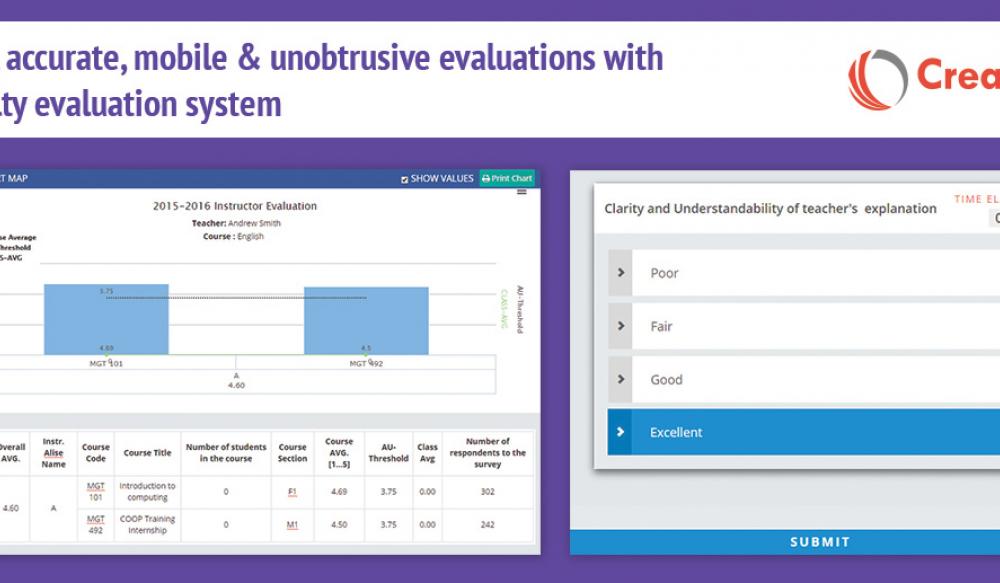
Fast, accurate, mobile & unobtrusive evaluations with faculty evaluation system
Many of education systems around the world have no frameworks for teacher evaluations. Evaluation is left to the discretion of educational institutions and boards. There are no standardized tools for testing teacher effectiveness with clear-cut teacher-appraisal policies. A fair evaluation system can help faculty thrive in the classroom and improves the chance of student success.

5 tips for educators to fight plagiarism in higher education
There are increasing cases of plagiarism reported in the education sector and the numbers are steadily rising each year. There is evidence of students ghostwriting assessments including assignments, and tests with simple internet searches to fulfill learning requirements. Students resort to electronic cheating as they find cheap ways for quick gains. Colleges and Universities are fighting to detect and report cases of plagiarism.

Mobile apps can make a difference for educators
Traditionally learning and analytical skills manage every aspect of the student’s classroom experience. But the evolution of the high-tech world through smartphones and tablets encourages and enriches the entire student lifecycle.
Technology and Learning
